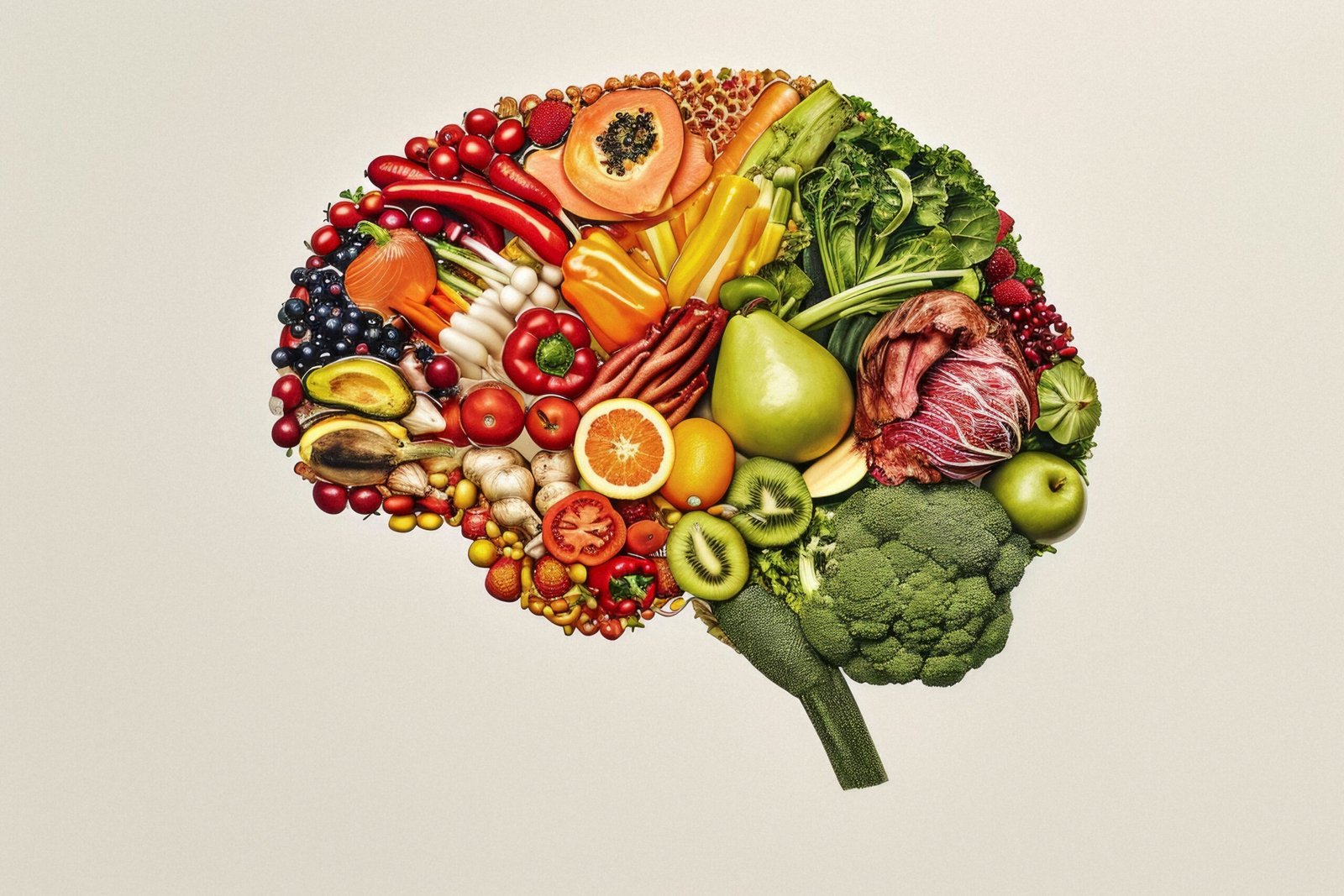Question 14 is the clearest confirmation that modern parents are making food decisions from a place of survival, not strategy. Taste and convenience dominate. Nutritional value comes third. Long-term health, gut support, and even role modelling barely register. This isn’t because parents don’t care it’s because they’re depleted, distracted, and overwhelmed. The challenge now is to connect long-term benefit with short-term wins and reframe gut health as something that supports parenting in the moment, not just health in the future. Across multiple question in this study it is demonstrated that there is an openness to find solutions but it needs to be super easy!
Survey Insight: Parents Prioritise Taste and Convenience Over Gut Health, Because Survival Feels Urgent, and Health Feels Optional
Parenting today is full-on.
And when your brain is overloaded and your body’s running on fumes, you don’t ask, “What’s good for my long-term gut health?”
You ask, “What can I eat right now that’s fast, easy, and doesn’t taste awful?”
That’s exactly what this question shows.
We asked 392 parents:
“When choosing food or drinks for yourself, what’s most important to you?” (Choose up to two)
| Food/Drink Priority | Count | Percentage |
| Taste — It has to be enjoyable | 293 | 74.7% |
| Convenience — Quick, easy, no prep | 186 | 47.4% |
| Nutritional value — It needs to do something for me | 177 | 45.2% |
| Setting a good example for my kids | 44 | 11.2% |
| Long-term health (mental, physical, emotional) | 27 | 6.9% |
| Gut health or digestion support | 22 | 5.6% |
1. Taste and convenience are everything and that’s not surprising
When you’re already stretched thin, you default to comfort and ease. Taste = instant reward. Convenience = one less decision.
That reflects what we’ve seen in earlier questions:
- Parents are tired by mid-afternoon (Q2)
- They don’t feel like a priority in their own lives (Q4)
- Most feel like they’re winging it (Q13)
You’re not making “optimal” food choices you’re making survivable ones.
Key takeaway: Parents aren’t resisting health. They’re prioritising what keeps them functioning today.
2. Nutrition matters — but only if it’s effortless
45% of parents selected nutritional value. That’s promising it shows people do want food to serve a function. But it’s not enough to override taste or speed at the moment.
They’re not going to prep a gut-healing bowl of lentils and fermented veg. They want something that tastes good, takes 30 seconds, and actually does something for their mood or energy.
That’s exactly where FiiHii can step in:
Simple. Functional. Evidence-backed. No prep. No guesswork.
Key takeaway: Nutrition can compete but only when it’s convenient and compelling.
3. Gut health and long-term health are nearly invisible
Only 5.6% selected gut health.
Only 6.9% selected long-term mental, physical, or emotional health.
That might seem discouraging but it’s actually a huge insight:
- Gut health hasn’t been made relevant to the day-to-day realities of parenting
- Long-term health feels too abstract when short-term energy is missing
- Fibre, plant diversity, microbiome support it’s all been marketed as wellness, not coping capacity
But when framed differently “this helps you stay calmer at bedtime,” “this stops your 3pm crash,” “this helps you show up as the version of you your kids deserve” the conversation changes entirely. This is because we are operating at such speed and cognitive load it needs to address exactly those points we all feel but do not consciously think about.
Key takeaway: Gut health doesn’t need louder science. It needs better relevance.
4. Only 11% selected “setting a good example” and that speaks volumes
Parents often say they want to lead by example.
But when you’re in survival mode, example-setting takes a back seat. Not out of hypocrisy but out of necessity.
This echoes Q4 (96% of parents don’t prioritise themselves) and Q13 (most feel like they’re winging it and not sure if they’re doing enough).
The mindset isn’t “I don’t care.”
It’s “I’m trying to hold everything together and I’m just hoping it’s enough.”
Key takeaway: Parents don’t need reminders that food is modelling behaviour. They need support to make better choices feel possible.
Final Thoughts: Health Has to Start Where Parents Are. Not Where We Wish They Were
This question shows exactly how parents are making decisions and why traditional wellness advice misses the mark.
They don’t want more to think about. They want less friction, more energy, and reassurance that they’re doing okay.
So when we talk to parents about gut health, fibre, food variety, and long-term wellbeing we have to connect it directly to:
- Getting through the day with less stress
- Showing up with more patience
- Feeling like themselves again
That’s the only way to cut through the noise.
And that’s exactly where FiiHii leads.
5 Key Takeaways
- Taste and convenience are the top priorities because they reduce stress and decision fatigue
- Nutrition matters but only if it’s fast and easy to act on
- Gut health and long-term health are invisible not because they don’t matter, but because they don’t feel urgent
- Role modelling through food choices is sidelined parents are just trying to get through the day
- The path forward is simple, relevant, low-effort solutions that link gut health to daily energy and parenting resilience
Want food that tastes good, works for your body, and doesn’t add another task to your day?
Subscribe to the FiiHii newsletter. We’ll help you get the fibre, plant diversity, and gut support you need without sacrificing flavour, speed, or your sanity.





